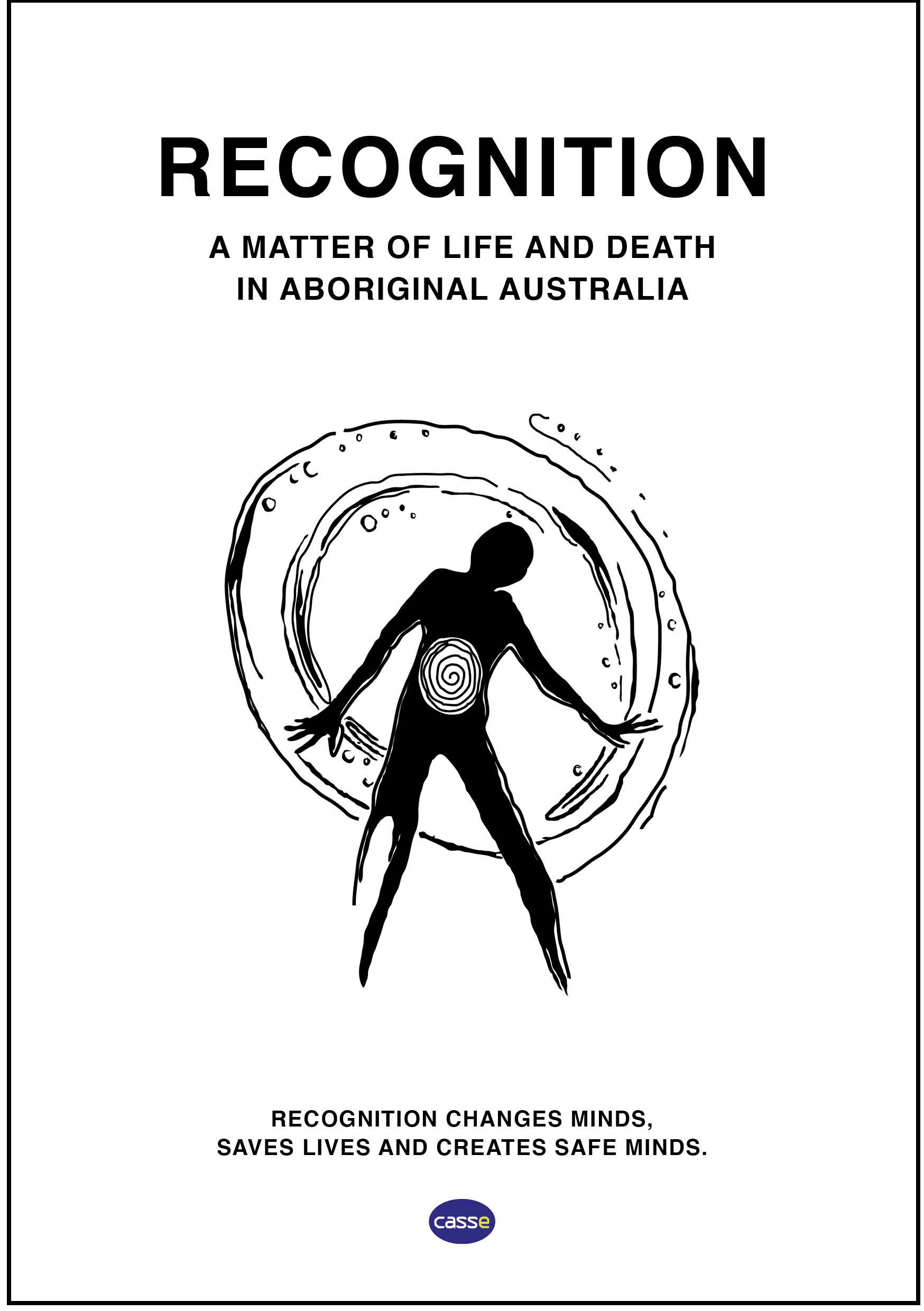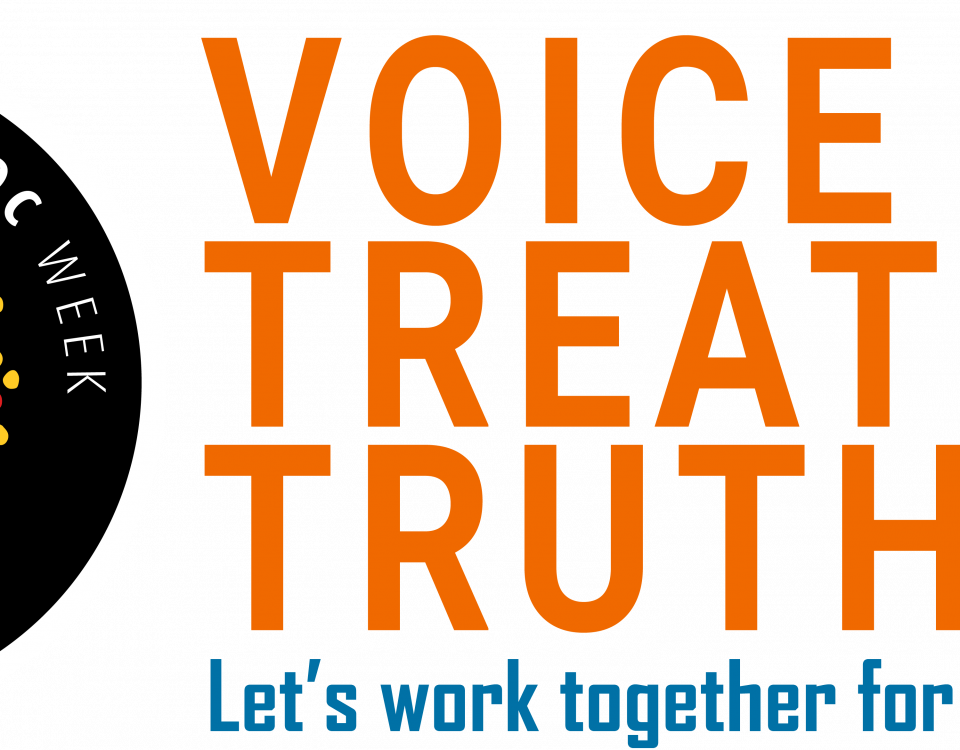
Recognition? It’s a matter of life and death in Aboriginal Australia.
September 16, 2016
Julian Leeser’s courageous stand on suicide
September 30, 2016By Pamela Nathan
Last week Australia was presented with the Maiden Speeches of our new politicians. While often this time passes with little to cause more than a ripple, this week was different. There were waves of pride, followed by a tsunami of shame, followed by healing waves of hope.
The first ‘stand out’ was Anne Aly, the Egyptian born Muslim single mother elected in the WA seat of Cowan (Transcript: http://australianpolitics.com/2016/09/12/anne-aly-alp-cowan-maiden-speech.html). In an incredibly moving, unifying address, she personified the best of Australia, while calling on parliament to address inequality and strive for strong moral leadership, with ‘an eye to growth and fairness’. When Aly shed a tear during her address, she was far from alone – I was as moved as her parliamentary colleagues and, I’m sure, the many, many other Australians who have since viewed footage of her address with a wonderful sense of pride and emotion.
But the bubble of pride was short lived, pierced by the barbed words of division, fear, racism and hatred that filled Pauline Hanson’s Maiden Speech – an unimaginative reincarnate of her first address, 20 years ago, but with no evidence of the growing wisdom that the passing of time often grants. Rather than share this address (which has gained blanket coverage), I share with you New Matilda’s insightful review: https://newmatilda.com/2016/09/19/the-stunning-racist-innovation-in-pauline-hansons-maiden-speech/
Fortunately, the healing balm came immediately after Hanson’s destructive tsunami. In the ancient tongue of her Aboriginal ancestors, Malarndirri McCarthy acknowledged the traditional owners of the land (Transcript: https://nacchocommunique.files.wordpress.com/2016/09/download-senator-mc-carthy-speech-in-hansard.pdf). She then declared:
“I am standing here in this place, the Australian Senate, in the place of the people, to represent not just my own people—the Yanyuwa, the Garrwa, the Mara and the Kudanji peoples—but to stand for all people of the Northern Territory: all clan groups, all families who call the Northern Territory home, whether they live on the vast cattle stations of the Northern Territory or whether they have travelled from countries like Asia, Africa or the Middle East to forge a new life for their families away from strife-torn lives that offered no future. I stand here for you, too.”
While she proudly shared the story of both her Aboriginal and her Irish ancestry, McCarthy also shared the unreconciled history of colonisation and the ongoing struggle for Recognition. McCarthy’s ability to step up and calmly share both her story and her commitment to her constituents was disappointing in just one respect – it did not receive a grain of the coverage of Hanson’s.
Then there was the meeting of the five Indigenous members of parliament, demonstrating a rare willingness to put aside ideological differences in order to seek common ground and find a way forward. Such bipartisanship is so rare in our current political environment, but so needed.
Excluding Hanson, all of these highlights share a common thread – the willingness to engage with one another, to hear each other’s stories in a bid to come to mutual respect and understanding and a shared path forward. This is strongly aligned with the psychoanalytic approach that informs all of our work at CASSE and presents a powerful message for our parliament. Words are incredibly powerful. To understand their power to heal or harm, we only need to look to Kalgoorlie in recent weeks. Racist commentary on social media has sparked, and continues to brew a melting pot of violence and unrest that led to the violent death of a 14 year old boy. It’s time to share widely the words of healing and unity. Listen to the stories of pain and trauma to promote mutual understanding so that we can develop mutual respect and grow towards a reconciled Australia that is a great place for every resident, no matter how long their family has called this nation home.





